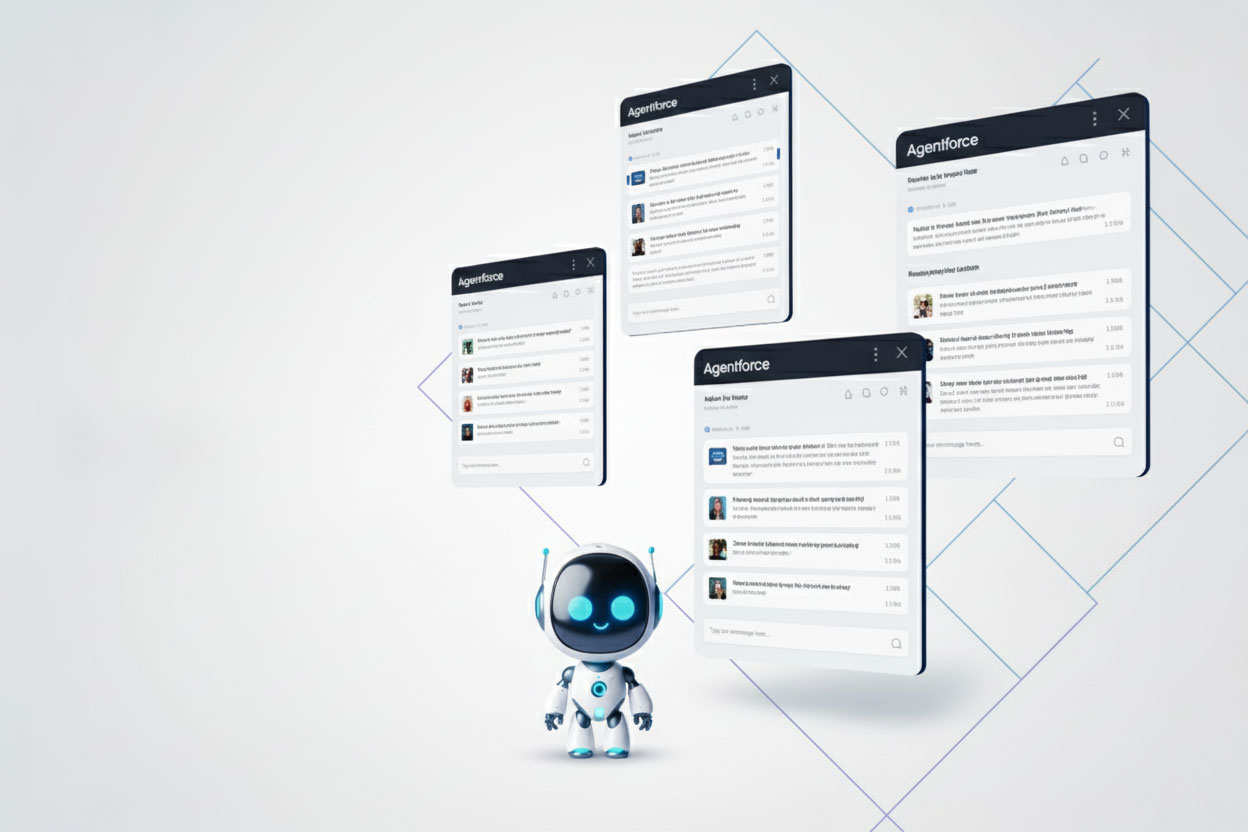Manufacturing has always been a sector defined by transformation. From steam power to assembly lines to automation, every industrial revolution has reshaped the way goods are designed, produced, and delivered. Today, the next revolution is digital.
Digital transformation in manufacturing is about integrating data, cloud systems, intelligent automation, and advanced analytics into the very fabric of industrial operations. It enables factories to become smarter, supply chains more resilient, and companies more responsive to customer demands.
But this is not just about adopting new technology. It is about rethinking how manufacturing enterprises operate—how they forecast demand, manage inventory, schedule production, and engage customers.
The urgency is clear. Supply chain disruptions, rising customer expectations, regulatory complexity, and labor shortages mean that traditional approaches no longer work. Manufacturers that embrace digital transformation gain efficiency, agility, and resilience. Those who delay risk being left behind.
ERP systems—especially modern, cloud-native solutions like Axolt ERP on Salesforce—sit at the heart of this transformation. By unifying finance, procurement, manufacturing, and logistics in one platform, ERP provides the digital backbone that enables AI, IoT, and automation to deliver value at scale.
This whitepaper explores why digital transformation in manufacturing matters, the key drivers and benefits, the role of ERP, and how manufacturers can overcome barriers to build the factories of the future.



